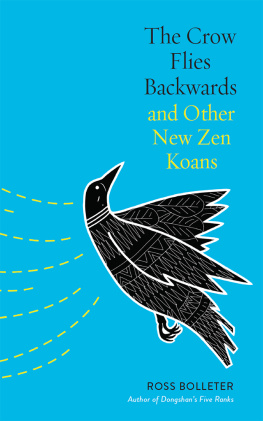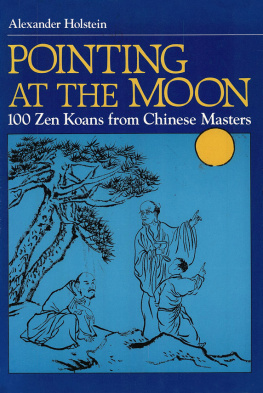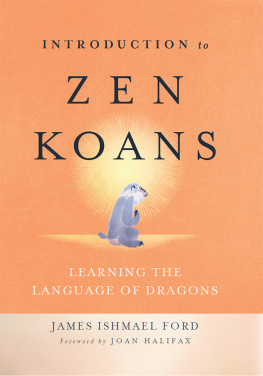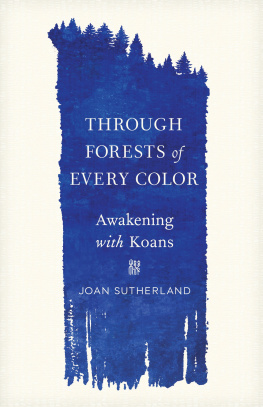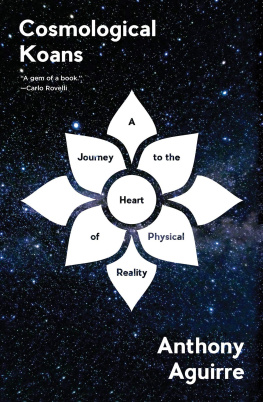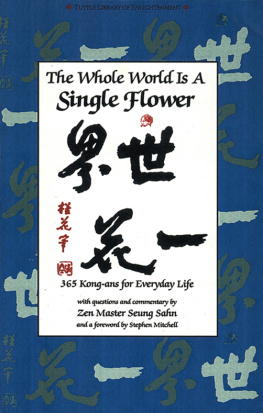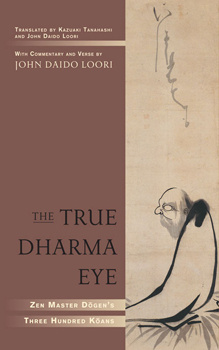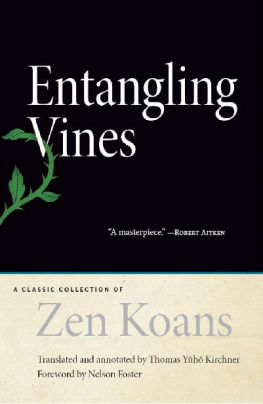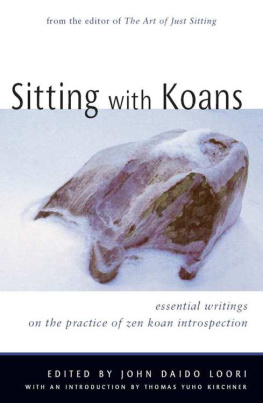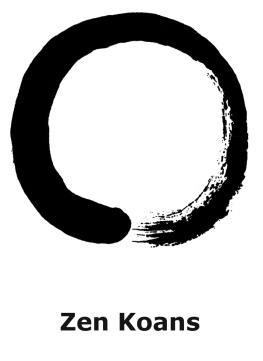Advance Praise for
The Crow Flies
Backwards
and Other New
Zen Koans
This book opens with perhaps the best written introduction to koan work Ive encountered. With warmth and humor leavening his erudition, Bolleter strips away unnecessary mystique andpreserves the delights of their mystery and the seriousness of their play, enlivening lay practiceand anchoring koans in our everyday experience.
Robert Rosenbaum, author of Walking the Way
Touching and insightful filled with intimacy and deep humanity. Ross Bolleter reveals working with Zen koans as a creative and liberating practice.
Rafe Martin, author of Before Buddha Was Buddha
A beautiful, fun, and at the verysame time profoundly challenging book. You want to know what wisdom looks like?You cant do much better than this book.
James Ishmael Ford, author of Introduction to Zen Koans
The first substantial treatment of Zen koans drawn from Western sources, pioneering the Western koan as a vital aspect of contemporary Zen practice.
The 108 modern koans offered within address sexuality, childbirth, family, parenthood, work, money, and even the nature of time itself. These koans are drawn from Western philosophy, contemporary and classic literature from Proust to Lewis Carroll, Mary Oliver, and Anne Carson, as well as stories provided by the authors encounters with his Zen students. Bolleters commentaries provide guidance to the reader on how to engage with particular koans and direct instruction in meditating with koans in general.
A beautiful, fun, and at the very same time profoundly challenging book.
JAMES ISHMAEL FORD,
author of Introduction to Zen Koans
ROSS BOLLETER ROSHI is a Zen teacher in the Diamond Sangha tradition who trained with Robert Aitken and John Tarrant, and is the author of Dongshans Five Ranks. He lives and teaches in Perth, Western Australia.
Wisdom Publications
199 Elm Street
Somerville, MA 02144 USA
wisdompubs.org
2018 Ross Bolleter, excepting quoted material
All rights reserved.
Pages 29596 constitute a continuation of the copyright page.
Diligent efforts were made in every case to obtain rights from copyright holders. In a few instances, the efforts were unsuccessful. The author and the publisher are grateful for the use of this excerpted material.
No part of this book may be reproduced in any form or by any means, electronic or mechanical, including photography, recording, or by any information storage and retrieval system or technologies now known or later developed, without permission in writing from the publisher.
Library of Congress Cataloging-in-Publication Data
Names: Bolleter, Ross, editor.
Title: The crow flies backwards and other new zen koans / Ross Bolleter.
Description: Somerville, MA: Wisdom Publications, 2018. | Includes bibliographical references. |
Identifiers: LCCN 2017048413 (print) | LCCN 2017050857 (ebook) | ISBN 9781614293132 (ebook) | ISBN 9781614292944 (paperback)
Subjects: LCSH: Koan. | BISAC: RELIGION / Buddhism / Zen (see also PHILOSOPHY / Zen). | RELIGION / Buddhism / Sacred Writings. | RELIGION / Buddhism / Rituals & Practice.
Classification: LCC BQ9289.5 (ebook) | LCC BQ9289.5 .C76 2018 (print) | DDC 294.3/443 dc23
LC record available at https://lccn.loc.gov/2017048413
ISBN 978-1-61429-294-4 ebook ISBN 978-1-61429-313-2
22 21 20 19 18 5 4 3 2 1
Cover design by Phil Pascuzzo. Interior design by Gopa & Ted2, Inc. Photo of Ross Bolleter by AntoinetteCarrier, Bedford, Western Australia, 2013.
For Rose and Charlotte,
my grandchildren
Preface
The Crow Flies Backwards is a collection of 108 Western koans, together with my commentaries on 40 of them. These commentaries provide guidance as to how to engage with a particular koan, as well as its sources. In the opening chapters, I address the nature of the koan, what it means to sit with a koan, and how koans work on our heart-mind and in our lives. Finally, I have interspersed my commentaries with various investigations especially concerning the nature of time. Most of these investigations have koan content.
Koans resist precise definition; however, we can say broadly that a koan is a formulation sometimes couched as a fundamental question, such as Who am I? that Zen practitioners inquire into in order to awaken to their true nature. By true nature I mean our nature beneath and beyond such notions as a socially constructed self, personality, or an inner ghostly self that manipulates the senses and to which we accord ownership of our thoughts and dreams.
After an initial awakening to our true nature, further koans are employed to enable us to more fully embody our awakening and over time to express, to mature, and ultimately to assimilate it so thoroughly that we forget it in the act of living it. This book also includes Western koans that reflect these later stages of the koan path.
By Western koans I mean, broadly, koans deriving from Australian, American, European, and South American sources. Regarding the koans from Australia, my native land, I have chosen several that have as their source the indigenous peoples of Australia.
The Crow Flies Backwards is intended for students and teachers of the Zen Way, and indeed everyone and anyone interested in Zen, especially in its Western unfolding. This book can be used to supplement the traditional koan literature as it comes down to us through Chinese and Japanese sources or it can be used as a stand-alone investigation.
I have developed some of the koans included here from dialogues with my Dharma successors and students, some of whom have also created koans included below. Others have found the koans in this book efficacious for investigation, so we have begun the process of road testing them.
In writing this book, I have given prominence to koans drawn from lay life, especially koans that have as their themes sexuality and childbirth, relationships, work, and money: themes that are almost entirely absent from the monastic koan traditions that come down to us from China and Japan. I have also included a variety of koans that focus on time. This latter theme is of course not absent from Chinese and Japanese koan traditions, but given our Western cultures obsession with time and its anxieties about it, I felt it important to give it prominence.
Although The Crow Flies Backwards focuses on Western koans, I am not suggesting for a moment that we should abandon the powerful and efficacious Chinese and Japanese koan traditions we have inherited. Rather we should feel free to extend those traditions by creating a koan literature that reflects our contemporary lives and culture. It is my hope that the koans and commentaries in The Crow Flies Backwards will encourage this undertaking.
More than thirty-five years ago, at the outset of my first sesshin, Robert Aitken gave me the koan of Zhaozhous Mu, and over the next several years I worked through the early stages of the koan curriculum with him. I continued my journey on the koan path with John Tarrant as my teacher, completing koan study with him in the early 1990s. I am deeply grateful to Robert Aitken and to John Tarrant for their guidance and inspiration over those many years. In terms of the Zen Way, my ruling passion was koan work, and they were there to support me at every turn.
I got my first taste of what a Western koan might be working with John Tarrant, who would improvise koans on the spot for the happiness of all beings. I enjoyed the challenge and the playfulness of Johns approach, and have continued it with my own successors and students.
Next page
